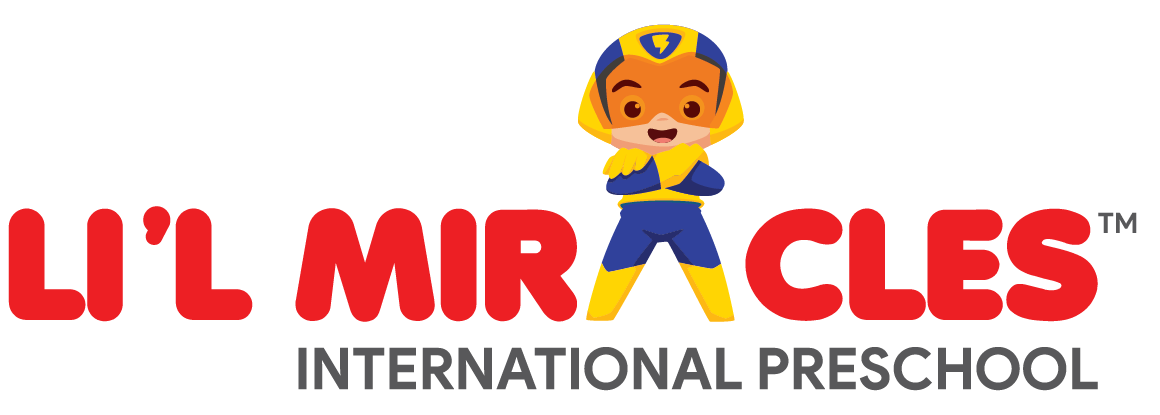Parenting toddlers is no easy feat. These little humans are curious, emotional, and sensitive, absorbing everything they hear like a sponge. The words we use with them shape their self-esteem, behavior, and emotional development. Some common phrases parents casually use may unknowingly have a negative impact. Let’s explore the things you should avoid saying to your toddler and alternative approaches that nurture growth and connection.
- “Stop crying. It’s not a big deal.”
- “You’re being bad.”
- “Because I said so!”
- “Why can’t you be more like [another child]?”
- “Hurry up!”
- “You’re fine. There’s nothing to be scared of.”
- “If you do that again, I’ll leave you here!”
- “You’re too little to do this.”
- “Don’t touch that!” (All the time)
- “You’re driving me crazy!”
Why It’s Harmful:
Dismissing their feelings can make toddlers feel unheard or ashamed of their emotions, leading to emotional suppression.
What to Say Instead:
“I see that you’re upset. Do you want to tell me what happened?”
This validates their emotions and opens up communication.
Why It’s Harmful:
Labeling a child as “bad” can hurt their self-esteem and make them believe they are inherently flawed.
What to Say Instead:
“What you did wasn’t okay. Let’s talk about a better way to handle this.”
Focus on the behavior, not the child’s character.
Why It’s Harmful:
This shuts down curiosity and critical thinking, leaving toddlers feeling powerless.
What to Say Instead:
“I’m asking you to do this because [reason].”
Providing a simple explanation helps them understand the reasoning behind your request.
Why It’s Harmful:
Comparisons can create insecurities and sibling rivalry, diminishing a child’s confidence.
What to Say Instead:
“Everyone has their own strengths. Let’s work on this together.”
Celebrate their individuality and offer support.
Why It’s Harmful:
Toddlers operate on their own timelines. Constantly rushing them can make them feel stressed or inadequate.
What to Say Instead:
“Let’s see how fast we can do this together!”
Turn it into a game to motivate them positively.
Why It’s Harmful:
Dismissing their fears can make them feel invalidated and reluctant to share their worries in the future.
What to Say Instead:
“I understand this feels scary. Let’s face it together.”
Acknowledge their fear and offer reassurance.
Why It’s Harmful:
Threatening abandonment can trigger anxiety and make toddlers feel unsafe or unloved.
What to Say Instead:
“It’s important to stay close so we can be safe.”
Encourage cooperation without fear-based tactics.
Why It’s Harmful:
Dismissing their attempts to be independent can discourage them from trying new things.
What to Say Instead:
“Let’s try it together!”
Support their efforts while teaching them how to succeed.
Why It’s Harmful:
Constant restrictions can stifle a toddler’s curiosity and eagerness to explore.
What to Say Instead:
“That’s not safe. Let’s find something else to play with.”
Guide them toward safe exploration without stifling curiosity.
Why It’s Harmful:
Expressing frustration this way can make toddlers feel they are a burden.
What to Say Instead:
“I need a moment to calm down. Let’s take a break and breathe together.”
Model healthy ways to handle frustration.
Final Thoughts
Parenting toddlers requires patience and mindfulness. Words matter. When we communicate with empathy and intention, we teach toddlers to process emotions, solve problems, and build confidence. Remember, no parent is perfect, and it’s okay to make mistakes. The key is to be aware and strive to improve, creating a nurturing and positive environment for your little one.
What other phrases have you found to be problematic or helpful when talking to your toddler? Let us know in the comments!
For more such parenting tips follow Li’l Miracles International Preschool
Riitu Sharma,
Co-Founder
Li’l Miracles International Preschool




